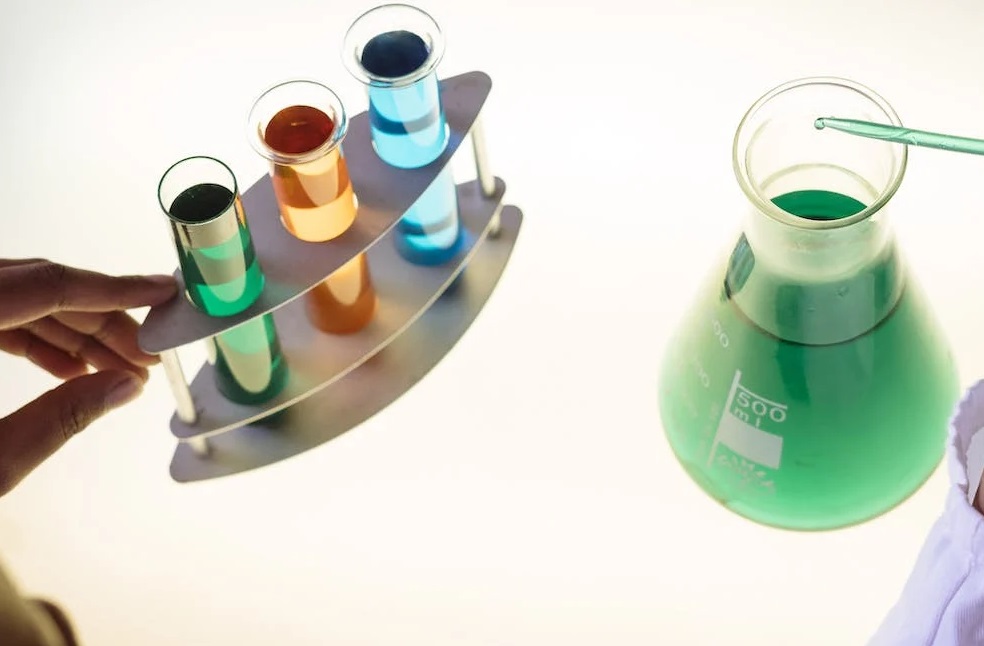Canada: A new study by the researchers at a Canadian university has resulted in a breakthrough that they hope will dramatically shorten the lifespan of the thousands of toxic “forever chemicals” that persist in clothing, household items, and the environment.
Through the study published in the journal Chemosphere, scientists at the University of British Columbia announced that they had developed a new silica-based material with the ability to absorb a wider range of harmful chemicals and new tools to break them apart.
“This is very exciting because we can target these difficult-to-break chemical bonds and break them for good,” researcher Mr. Madjid Mohseni, who focuses on water quality and water treatment, remarked.
The chemicals, also known as PFAS (per- and polyfluoroalkyl substances), are used for non-stick or stain-resistant surfaces, including clothing, cookware, stain repellents, and firefighting foam. However, they are extremely difficult to break down naturally and are referred to as “forever chemicals.”

“They attach to the proteins in our blood and can accumulate in our bodies, particularly in the liver and the kidneys. And the older you are, the more PFAS you have in your body. And we can also pass the chemicals to a growing fetus and so even newborn babies have PFAS in their bodies from the moment they are born,” Ms. Amira Aker, a postdoctoral researcher at the Université Laval, commented.
Even though the manufacturing of the chemicals is banned in Canada, like in several other countries, they are still found in household appliances and cosmetics, and when discarded, they can leach into the environment.
“We still don’t actually know how long some of these PFAS compounds will take to break down because they wanted to create them back in the 1940s and they still exist in the environment,” Ms. Aker added.
Current technologies often use activated carbon to filter out the chemicals, but they mostly target the “long-chain” versions of PFAS, those with more than six carbon bonds.

Mr. Mohseni’s team further found that the current filters concentrate the absorbed chemicals, creating a “highly toxic” form of waste that consumers throw in the garbage.
Such filters “are not addressing the problem. We are just temporarily fixing it and letting those chemicals stay in the environment,” the researcher observed.
The team developed the new silicate-absorbing material that captures a far wider range of chemicals to combat the deficiencies in combating PFAS. The thin material can also be reused repeatedly.



